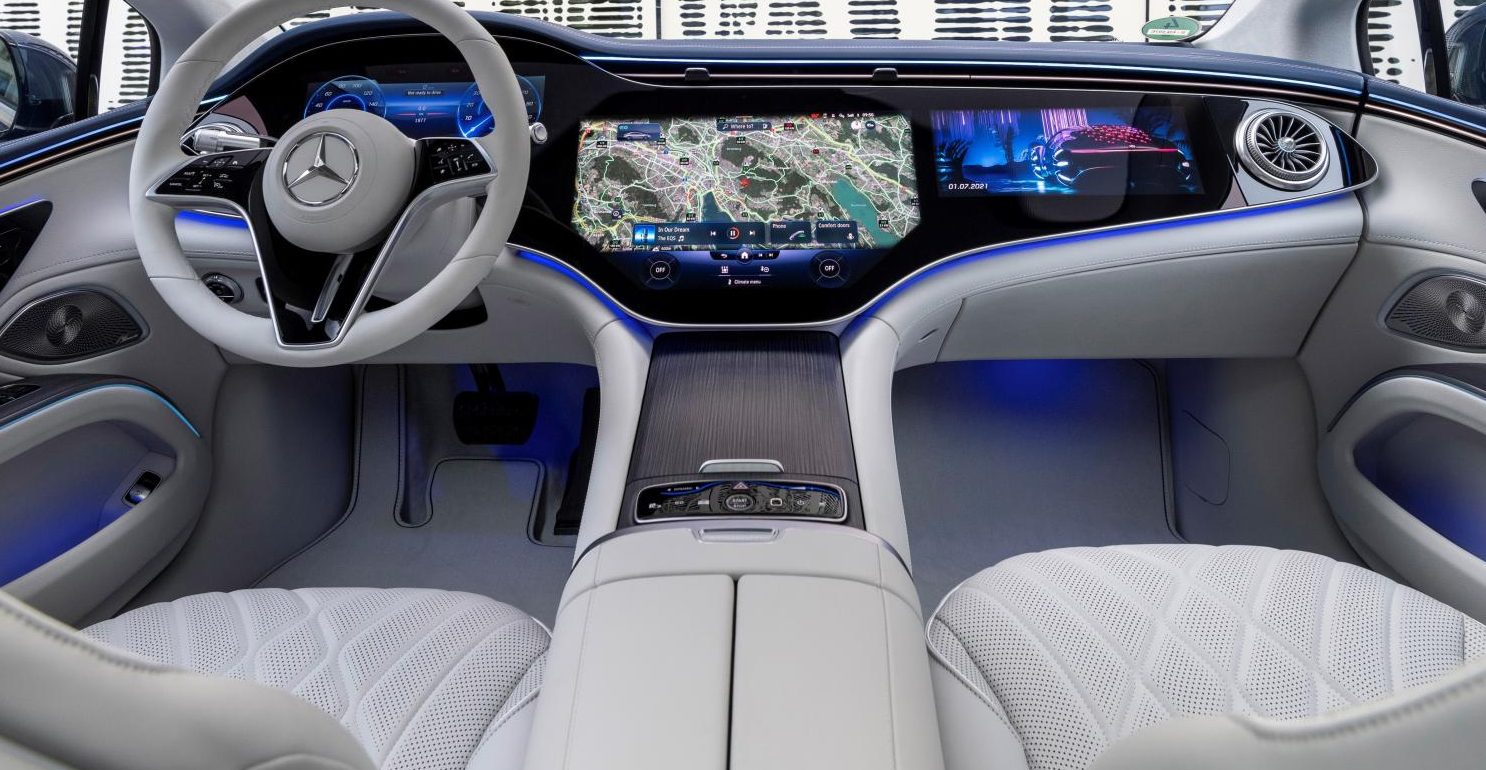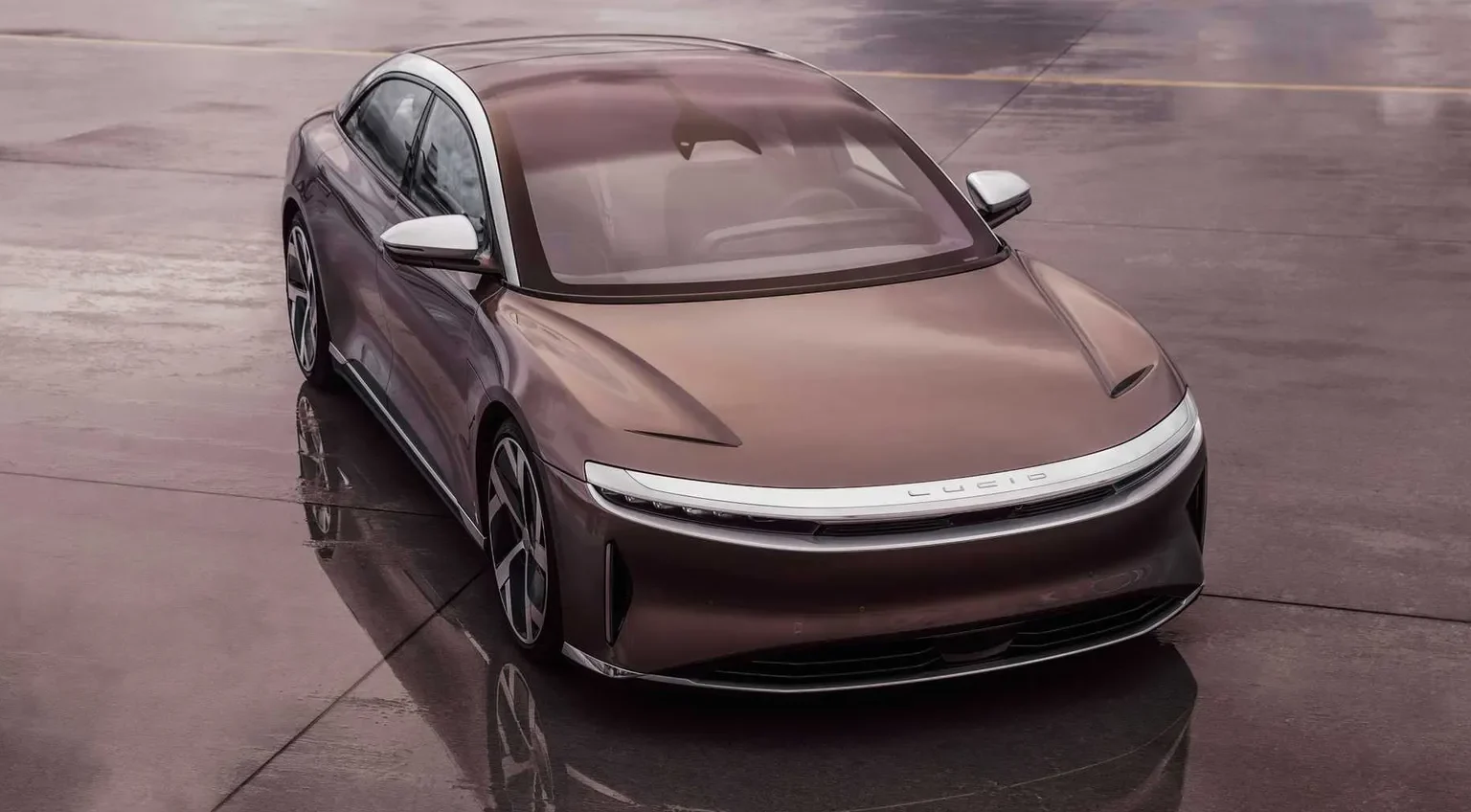Concerns about pollution help fuel the continual global growth of EV sales. As a result, the market for electric vehicles grows at an annualized growth rate of 21.7%. By 2030, the market is expected to increase from 8.1 million units sold to 39.21 million units sold.
People constantly demand that electric vehicles replace fossil fuel-powered cars because of the damage these vehicles cause to the environment. This is because many governments support the EV industry through subsidies and regulations.
Initial cost for EVs was high due to the small range of batteries, low speed and cost of producing the first models. Because of these reasons, the automotive industry didn’t take off with EVs. However, in the last 10 years, people and governments started caring about environmental concerns and buying EVs. This drove many companies to create new batteries and produce more vehicles. As a result, millions of cars were sold around the world.
New OEMs frequently attract huge investments and launch incredibly successful models. This leads to increased demand for their products, which results in the creation of unicorn companies. Several large global and Indian OEMs also launched EVs.
Several automobile companies have launched EV brands and companies. These include Audi, GM, Renault, Tata, Mercedes Benz and Nissan. Tesla is currently the most successful EV company; however, other car companies have launched successful EV brands.

There’s no doubt that EVs are the future of driving and mobility. Newer materials and technologies are constantly being developed as part of this trend— with no return option possible.
Ev owners spend less on maintenance and fuel costs than gasoline engine owners. Maintenance costs for electric vehicles are lower because there aren’t many moving parts compared to gasoline engines. Additionally, most EV owners don’t need to regularly replace their vehicles’ fuel or maintenance costs.
Since electric cars only have a few parts that may break or need maintenance, there’s no reason to worry about changing the oil in their engines. This makes maintaining an EV easier and cheaper than maintaining a regular car.
Oil is a predominant energy source that causes many problems due to the fact that transportation remains dependent on it. However, an electric vehicle offers a cleaner and better way of transportation. More people switching to electric vehicles will decrease overall oil demand in the future.
Moving to electric cars in India can significantly reduce the country’s CO2 emissions. By 2030, switching to electric cars can result in a 905 giga tonne reduction in CO2 emissions. This change will help future generations avoid air pollution by reducing the need for fossil fuels. Concerns about global warming and climate change are driving increased political and international tensions. This is because everyone agrees that the changes are threatening our environment. People concerned about their environment can reduce effects by buying EVs— vehicles with no tailpipe emissions— which also helps reduce global smog.
This project makes significant environmental improvements while also improving public health. By reducing the amount of harmful pollutants in the air, the quality of air can improve. This results in fewer health issues for the public.
Because electric cars don’t use a transmission, they don’t suffer from gear wear or other stress-related fatigue. This leads to a fantastic driving experience without needing to adjust any controls. All one has to do is accelerate, brake, and steer their vehicle to safely enjoy a stress-free ride.
In addition to other benefits, using an electric car reduces noise compared to traditional motors. Because electric motors have no exhaust system, they make very little noise when running. A lot of studies have shown that noise pollution in vehicles can increase anxiety, depression, high blood pressure, heart problems, stroke and more. There’s even evidence that vehicle noise can worsen human depressive symptoms.
Instead of using oil from a diesel or petrol engine, electric vehicles charge their batteries through electricity. This is due to the fact that currently available EV batteries can be charged at charging stations powered by fossil fuel alternatives. This makes it easier for EV owners to charge their batteries at public stations instead of waiting in lengthy lines. Additionally, people can charge their batteries in their homes using charging equipment.
The government offers tax benefits for buying or leasing an electric vehicle. This includes the 40% depreciation tax savings in the first year as well as up to Rs 1.5 lakh in additional benefits. They also support the idea of leasing an electric vehicle, which is a great way to save on income tax and maintenance costs. You can even register your vehicle in your company’s name and claim these benefits.
Summing Up is a collection of short essays that offer a slight explanation of the main idea of each work.
Electric vehicles will take the place of traditional cars in the future! Many car manufacturing companies are switching their focus to electric vehicles as a result of increased infrastructure and functionality. People should consider adopting an electric vehicle that fits their needs and lifestyle. Owning a battery-powered vehicle can be a positive year; think and go electric!
Plug Mobility was founded and headed by the author.
This document states that Outlook Money doesn’t necessarily agree with the views expressed. They can’t be held accountable for damaging any parties directly or indirectly.
